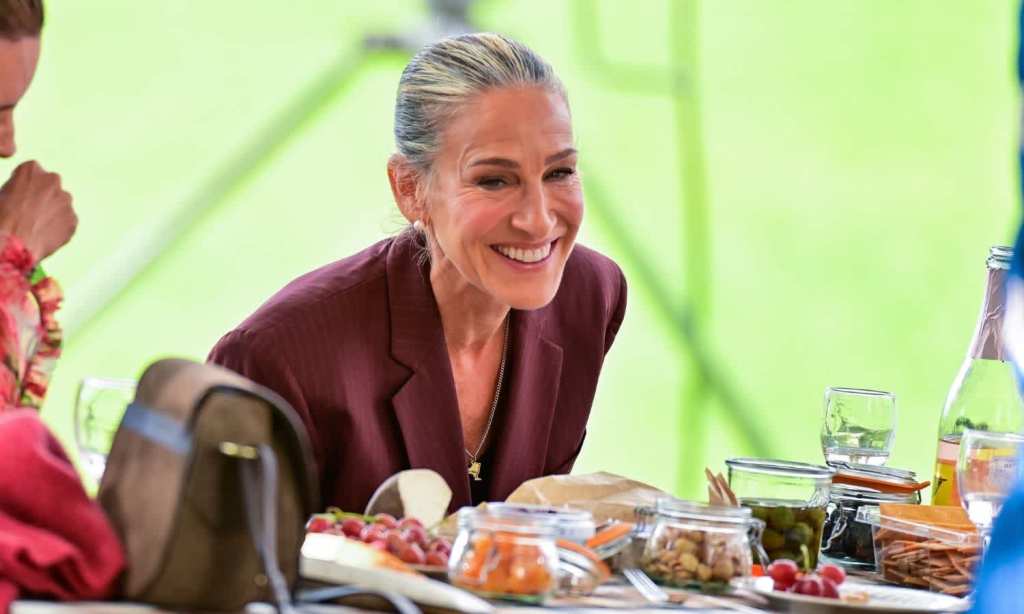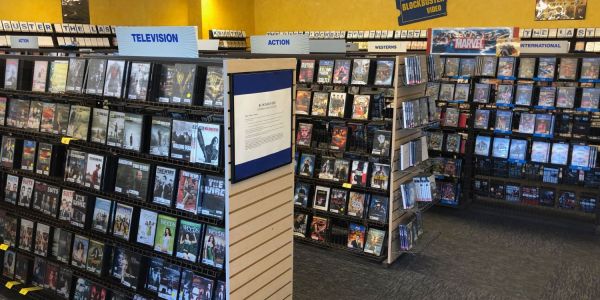With the upcoming release of And Just Like That … the reboot of the smash-hit TV series Sex and the City, lead star Sarah Jessica Parker fronted Vogue and responded to the “misogynistic” commentary surrounding her appearance.
“There’s so much misogynist chatter in response to us that would never. Happen. About. A. Man,” Parker said. “I don’t know what to tell you people! Especially on social media. Everyone has something to say.
“She has too many wrinkles, she doesn’t have enough wrinkles,” Parker said, of reaction to photos of her and co-stars Cynthia Nixon (Miranda) and Kristin Davis (Charlotte) on the New York set.
“It almost feels as if people don’t want us to be perfectly okay with where we are, as if they almost enjoy us being pained by who we are today, whether we choose to age naturally and not look perfect, or whether you do something if that makes you feel better,” Parker told Vogue.
“I know what I look like. I have no choice. What am I going to do about it? Stop ageing? Disappear?”
Her response opened up a topic Hollywood chooses not to address: Women facing ageism in the industry. As a 26-year-old, I’m far from being considered old, but I won’t lie, the thought scares me for superficial reasons. My whole life I’ve been sold the idea of “ageless beauty”, a woman who is well in her prime having smooth skin and collagen that will make a baby jealous.
As women, we’re sold anti-ageing products because God forbid someone actually guesses our age correctly. The world is tough on women, we know that, but it’s refreshing to see Sarah Jessica Parker, at the age of 56, accepting the skin that she’s in. But it’s troubling to know that if she did decide to get Botox, that would be discussed too. When as a society, will we stop talking about the appearance of women?
Male actors such as George Clooney and Brad Pitt are celebrated for their appearance, despite showing signs of ageing themselves. They’re considered a “silver fox” and still star in lead roles in blockbuster movies.
Jessica Lange, a two-time Academy Award winner spoke to AARP Magazine in 2017, saying “ageism is pervasive in this industry.”
“It’s not a level playing field,” she said. “You don’t often see women in their 60s playing romantic leads, yet you will see men in their 60s playing romantic leads with co-stars who are decades younger. I think about how few wonderful actresses of my generation are still doing viable, important film work. You go to television. You go to the stage. You do whatever you can because you want to keep working.”
In 2004, the Geena Davis Institute of Gender in Media conducted a study on the stereotypes older women face in Hollywood, and the results were shocking. The results revealed one in three female characters aged 50-plus are depicted as stubborn or angry and they are twice as likely to be shown as physically unattractive or large-bodied.
According to an AARP study, “only 15% of print media images feature those over age 50, despite the fact that this age group makes up one-third of the U.S. population.” and Australia isn’t any better. Representation of older women is abysmal, and that can be proven by looking at the cover of magazines or turning on the television.
At 26 I’m already looking out for the signs of ageing, rushing to the store to buy eye cream as soon as I spot crows feet forming. But if I ever do decide to get Botox, will I be crucified for it? As women, we have the right to have agency over our own bodies. And it’s time we start celebrating women beyond their 50s because there is no such thing as an expiration date.
Carrie Bradshaw, who we fell in love with when she was in her 30s, is still beautiful and full of life in her 50s. Ageing is a part of life, it’s time to accept and embrace it.
This post originally appeared on POPSUGAR Australia.
Read more stories from The Latch and subscribe to our email newsletter.







